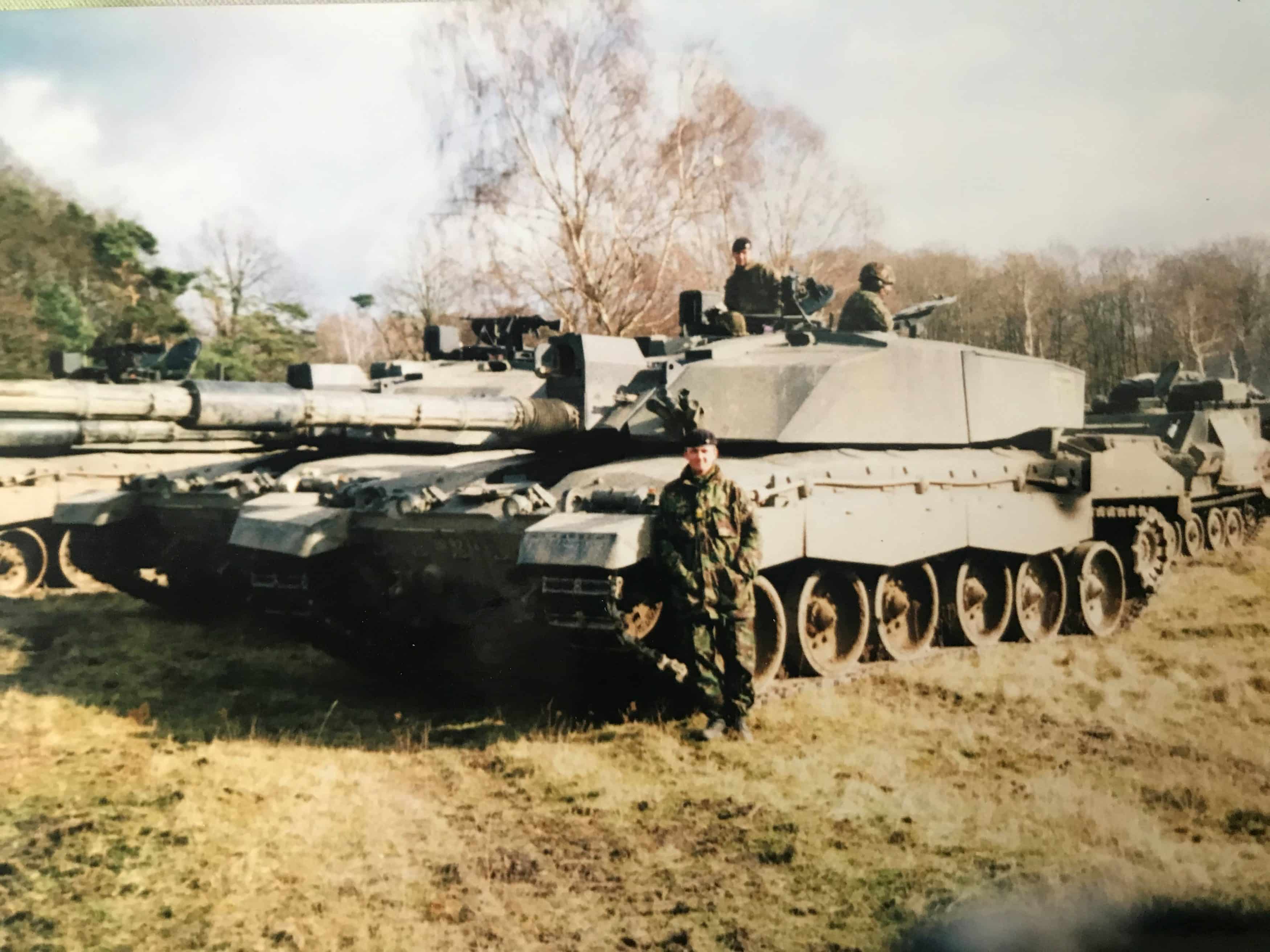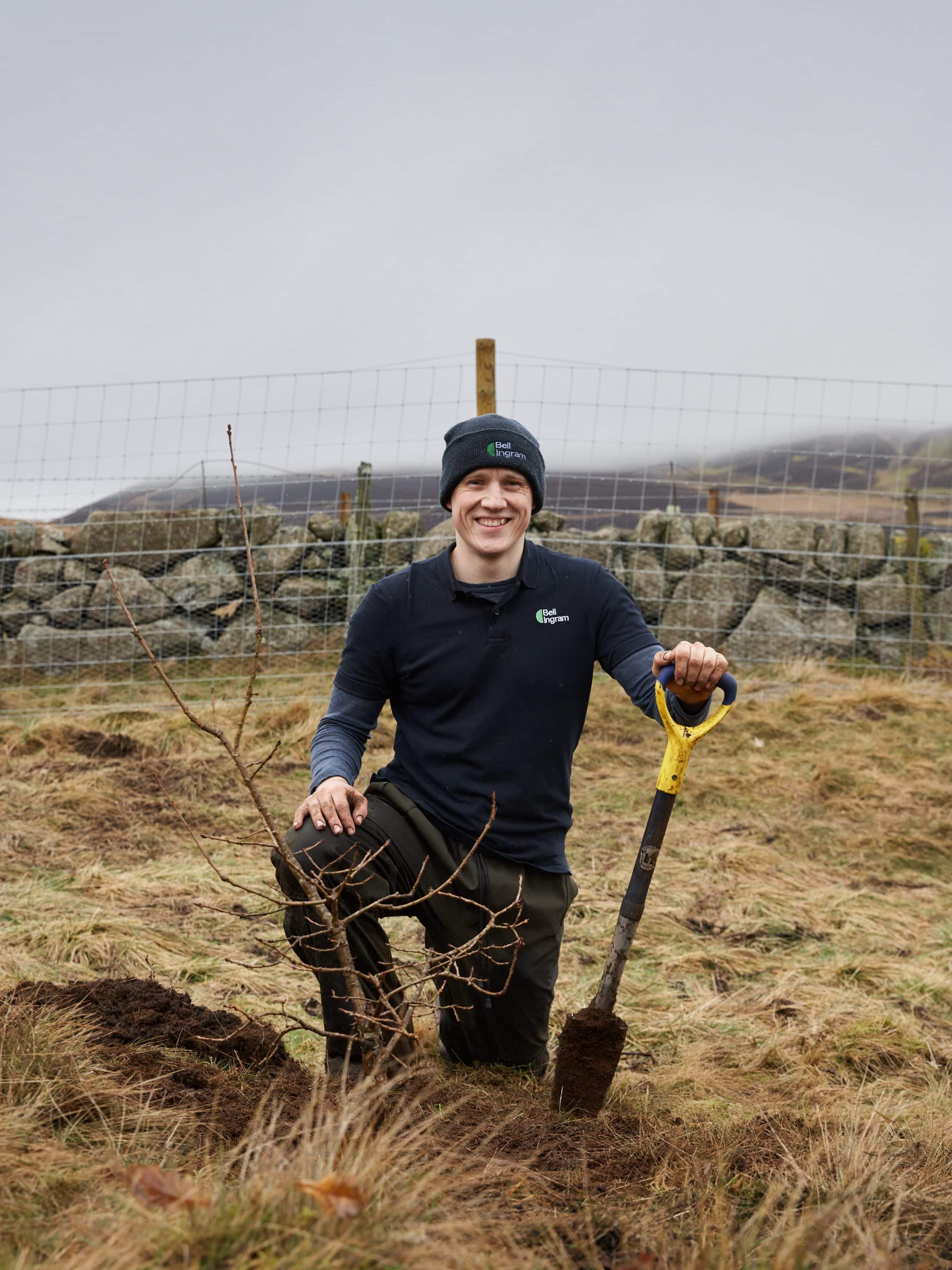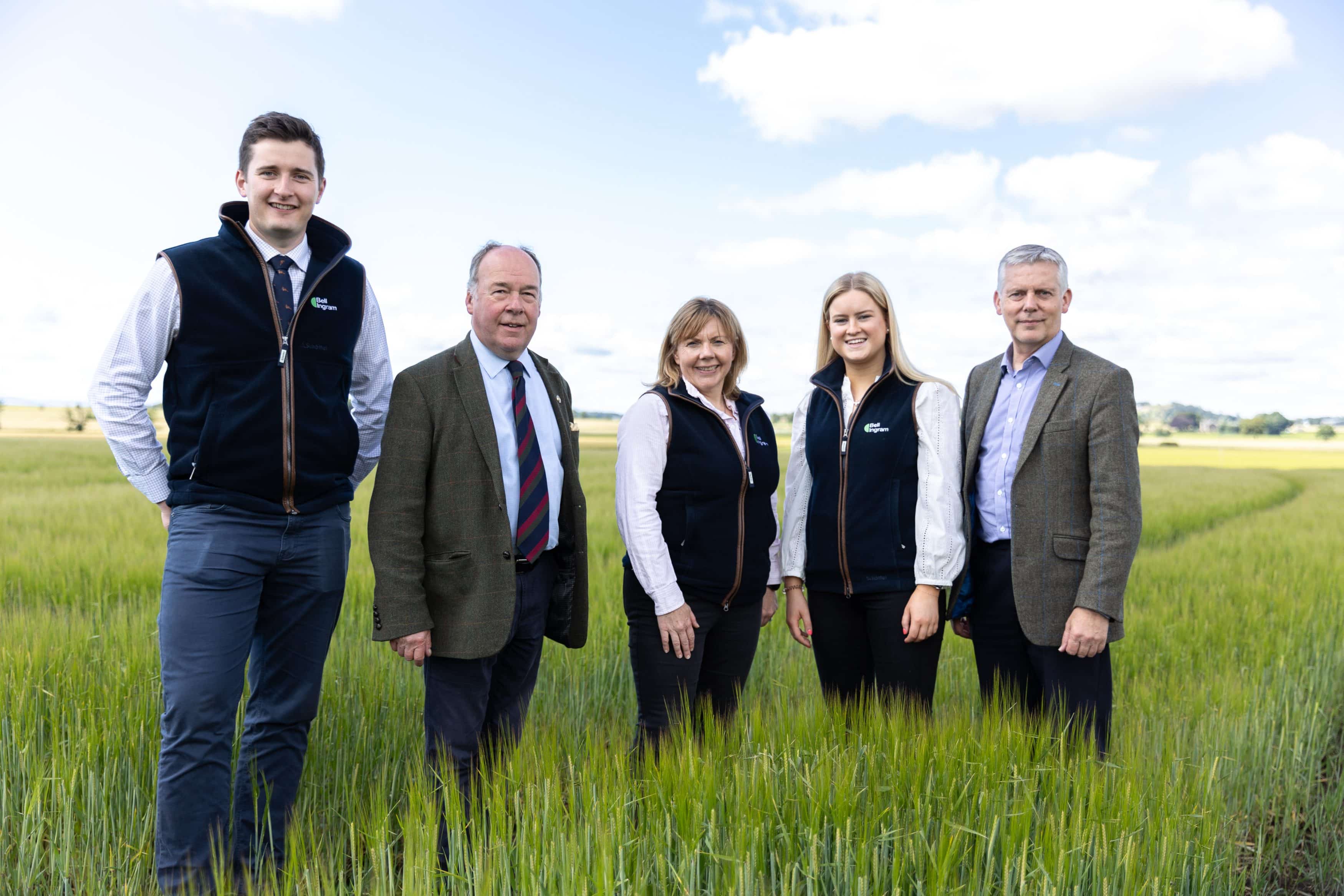From the Army to Rural Land Management: My Journey and Advice for Veterans
Recently, I had the opportunity to speak at the Royal Scots Club in Edinburgh, where I shared my personal journey from military service to my current role as Head of Rural Land Management at Bell Ingram. It’s a story filled with highs, lows, and plenty of lessons learned. After 16 years in the Army, I transitioned to civilian life, a move that was both exciting and challenging, and now, I want to share some of the things I learned along the way to help other veterans considering their next steps.
Life After the Military: The Start of a New Chapter
I left the Army in 2006 after serving as a Major in the Royal Dragoon Guards. While I knew that I was ready for a new challenge, stepping into civilian life was more daunting than I expected. I had spent years preparing for this moment – researching careers and studying for a degree in Estate Management from Reading University while still serving. But no matter how prepared you feel, the shift can be overwhelming.
The reality hit me hard when I took my first civilian job as a commercial chartered surveyor. I had thought this would be the perfect role to get my teeth into, but I quickly realised that it wasn’t the right fit for me. Commercial property, with its focus on retail, office, and industrial sectors, didn’t align with my passion for rural land management. That was a tough lesson, but it helped me better understand what I truly wanted to do.
Finding My Path in Rural Land Management
By 2010, I shifted to rural practice surveying, which felt like the perfect match for me. Today, as Bell Ingram’s Head of Land Management, I oversee a fantastic team of rural professionals, and we cover an area the size of Belgium from our offices in Beauly. My work is incredibly rewarding because it allows me to use both the skills I developed in the military and the expertise I’ve gained in the surveying world.
Of course, getting here wasn’t easy, and there were plenty of moments where I questioned if I was on the right path. But with each challenge, I learned more about myself and the civilian world I had stepped into. Now, I want to pass along some of those lessons to other veterans who may be on a similar journey.
Transitioning to Civilian Life: My Advice for Veterans
If you’re getting ready to leave the military, my first piece of advice is to treat your transition like any other mission you’ve faced in the Army. Use the 7Ps – Prior Planning & Preparation Prevents P* Poor Performance. Take the time to plan your next steps carefully because this change can be unpredictable.
Here are some of the key things I learned:
-
Start Networking Early
One of the most important things you can do is start building a network. I can’t stress this enough – get out there and meet people. Networking opened up many doors for me, and it can do the same for you. Don’t wait until you’ve already left the military to start. Engage in the resettlement process early, attend events, and reach out to people in the industries you’re interested in. Many jobs are filled through word of mouth, so being proactive is key.
-
Geography Matters More Than You Think
When I left the Army, my wife and I had already bought a house and relocated our young family to Perthshire. That decision tied me to a specific area, which limited my job prospects. It’s important to think carefully about where you want to live and how that will impact your career options. If you own a home, especially with children in local schools, you may need to prioritise job opportunities in that area, which can make things more challenging.
-
Be Realistic, But Don’t Lose Sight of Your Ambitions
The civilian world is different from the military, and you might have to start at a lower level than you’re used to. Don’t let that discourage you. You may have left the Army as a colonel, but your first job as a civilian might be at an entry level. That doesn’t mean you won’t rise quickly – it’s all part of the process. Keep your long-term goals in mind, and don’t let short-term setbacks derail your ambition.
-
Civilian Employers May Not Understand Your Experience
This is something I learned early on: civilians might not fully grasp the scale of your military experience. That’s okay. It’s up to you to explain what you’ve done in a way that resonates with them. Be humble, but don’t sell yourself short. What may seem like “just another day on the job” to you can be extraordinary to a potential employer.
-
Don’t Be Afraid to Change Direction
If your first job out of the military doesn’t feel right, don’t be afraid to switch gears. It’s okay to make course corrections. When I realised that commercial surveying wasn’t for me, I pivoted to rural practice surveying, and that was the best decision I could have made. Your career is a journey, and it’s okay to adjust along the way.
What Veterans Bring to the Table
Veterans have so much to offer, and I believe employers should recognise the unique skills we bring to the table. In the military, we’re trained to solve problems, adapt quickly, and make decisions under pressure – skills that are invaluable in any business setting.
I would encourage employers to engage with veterans early in the hiring process. We may not always have the specific technical skills you’re looking for right off the bat, but we make up for it with leadership, adaptability, and a drive to succeed. Hiring a veteran isn’t just filling a position – it’s an investment in someone who will bring value and experience to your team.
Why I Love Working in the Rural Sector
One of the best parts of my job is the variety. No two days are the same, and I love the broad skill set that rural land management requires. The rural sector also offers a real sense of community and purpose. It’s incredibly satisfying to build strong relationships with clients and contribute to the local community.
On top of that, working in the Highlands gives me the chance to enjoy some of the most stunning landscapes in Scotland. The quality of life is unbeatable, and the work is fulfilling on a personal and professional level.
Final Thoughts
Transitioning from the military to civilian life is a big step, and it’s not always easy. But with the right mindset, careful planning, and a willingness to adapt, you can find success and fulfilment in your new career. For me, the rural sector has been the perfect fit, and I hope my story helps other veterans find their own path.
Remember, you’ve already proven you can handle tough challenges in the military -this next phase is just another mission. With determination and a clear plan, you’ll get where you want to go.
Our people

Sam Guthrie
Forester
Forestry Management
Tel: 01738 621 121
About: Sam works across Scotland with a focus on delivering woodland management projects on the ground for a range of corporate and private clients. He has seven years’ experience in the sector and began his forestry career as a planter. Sam is currently studying for a PDA in Forestry Operations from the Scottish School of Forestry. Interests: Woodland Creation, Silviculture, Ecological Restoration.















